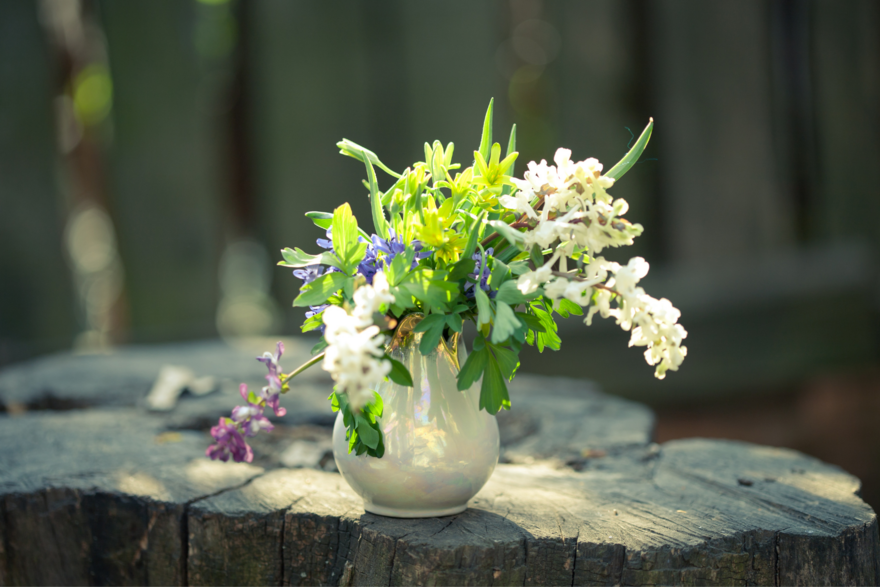Your writing rehearsal.

When you sit down to write, how much time do you give yourself to practice? I mean the off-record stuff: writing exercises and warm ups.
Now think of the way dancers or musicians interact with their art. The performance, the finished piece, is the culmination of hours of practice: boring warm ups, weird experiments, and repetitive rehearsals.
When is your writing rehearsal?
Be honest: are you the kind of writer who feels like writing exercises are a waste of time? When you sit down to write, do you always feel you should focus and work on your story?
Your story is important. Finishing it is important. The workshop - the critique and feedback - this is important, too.
But it is not of primary importance. Your finished work is simply the performance piece of your writing life.
There is so much more to your writing than the finished piece.
If you are:
a) learning about your voice and style,
b) writing and compiling stories for your first book, or
c) starting a new writing project
… you need to make time for practice.
It will feel unproductive. Maybe you even have a voice in your head that tells you that writing exercises are counter-productive, and you always skip them to get to your "real" writing.
Do musicians have this problem? Do dancers ever feel that they're wasting their time when they warm up?
Look, writing practice isn't going to check anything off your to-do list.
But your to-do list is not your art.
Here is why you should practice with warm-ups and writing exercises:
1. It shows you how to recognize your resistance as resistance. This is crucial, because if you don't recognize it for what it is, then you won't write very often. Or you'll push yourself and suffer through writing in an ugly way.
2. You'll know what a certain discomfort feels like in your body when you write something that feels honest. You'll do this over and over again in your practice, and learn how it feels different when you write stereotypes and clichés. So even though it's always going to be challenging, you become more familiar with the feeling of writing what feels real.
3. You'll be surprised by your own writing. You'll learn things about your characters, your sentences, and your stories that you didn't expect. You'll find delight and pleasure in your creative life.
4. You get better at it. Good writers are writers who practice writing.
It's obvious, right?
So why do writers think that their art form is special and different and that it doesn't require practice?
For the love of all things, please don't skip the writing exercises. Just do them, okay? Practice. It's actually how we learn how to do what we want to do. At any level.
I'd love to hear your thoughts on this. How do you see "practice" happening in your writing? What does it mean to you, and how do you justify taking time to warm up? What happens if you don't practice?
Share your stories, please, in the comments below.
xo,


31 comments
Leave a comment